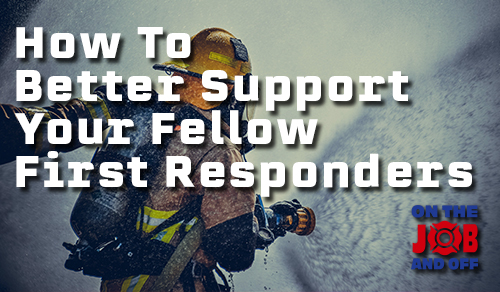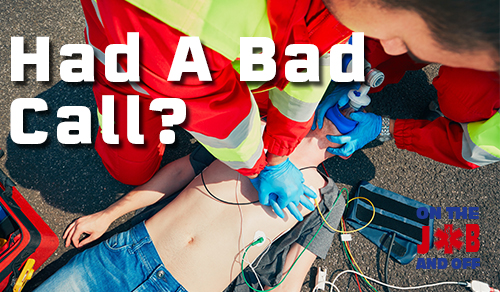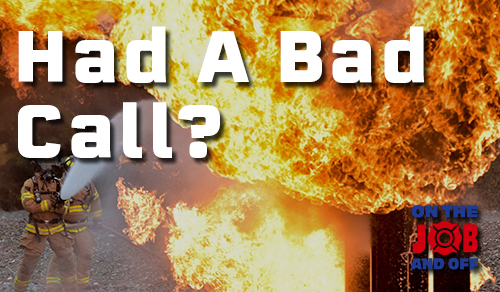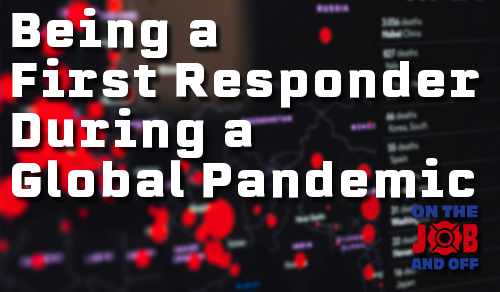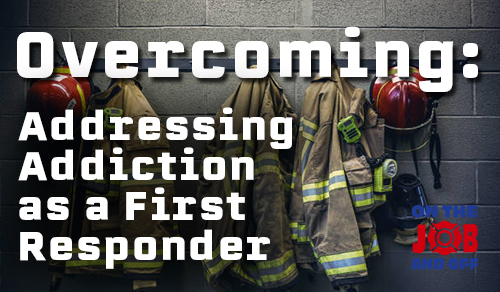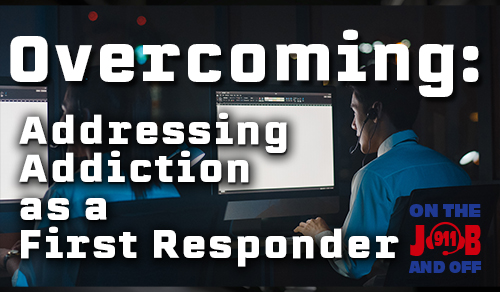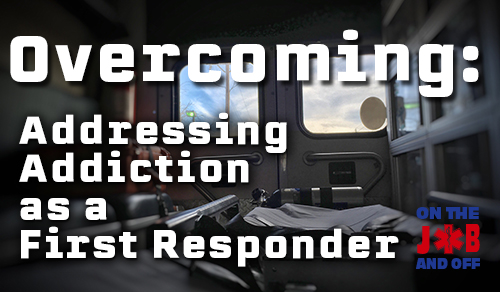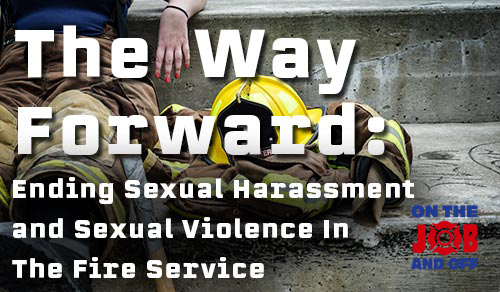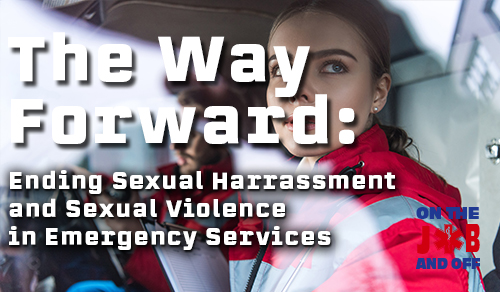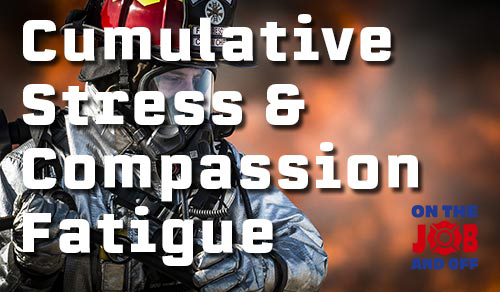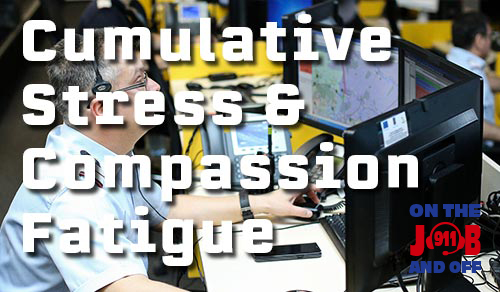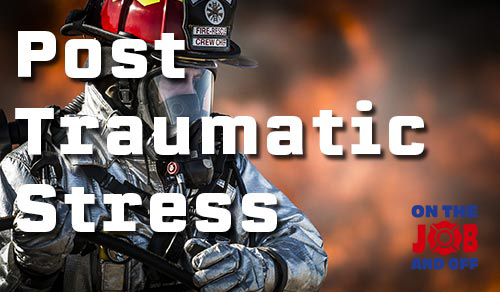
Grief is a part of life, but this is especially true for first responders. In this course, you will learn about grief, the common reactions and approaches to it, and effective strategies for coping with it. Grief for First Responders is brought to you by grief counselor and former first responder Lisa Zoll, LCSW, and it includes a powerful story from Lynn Shiner.



